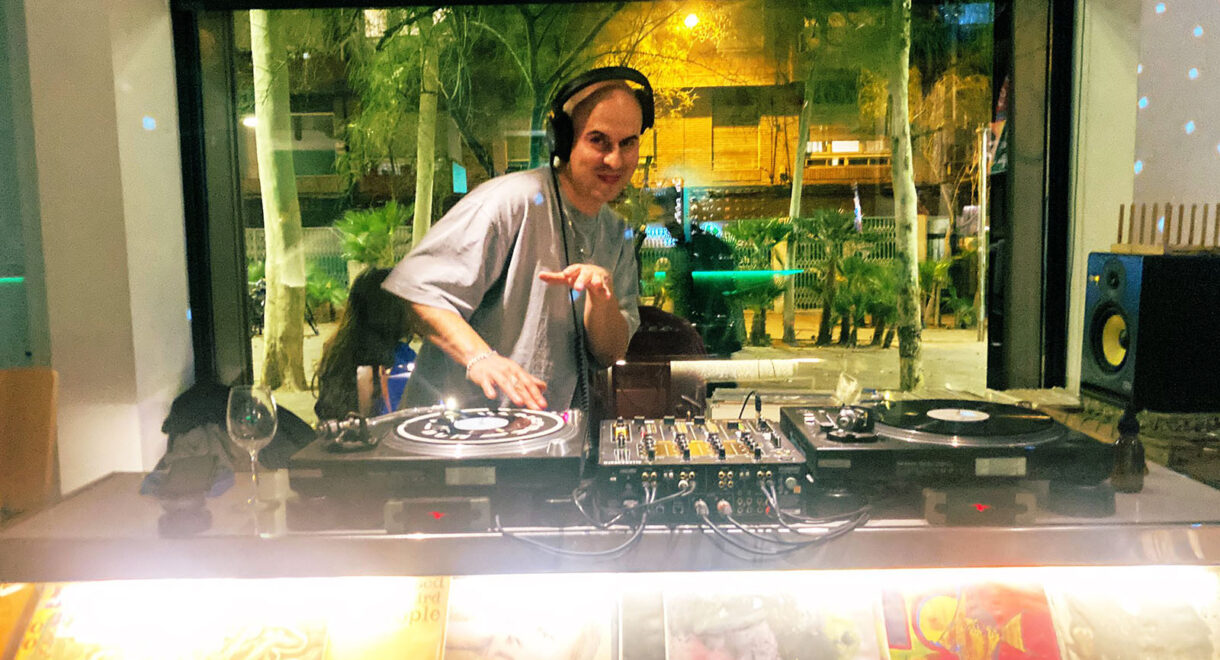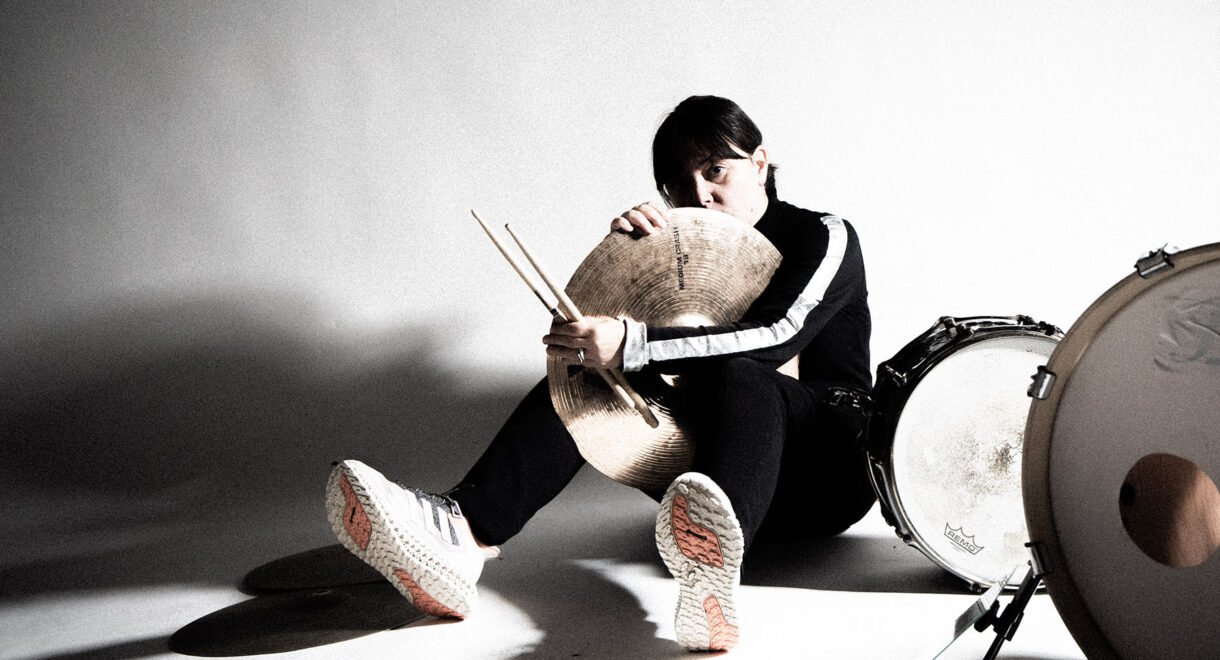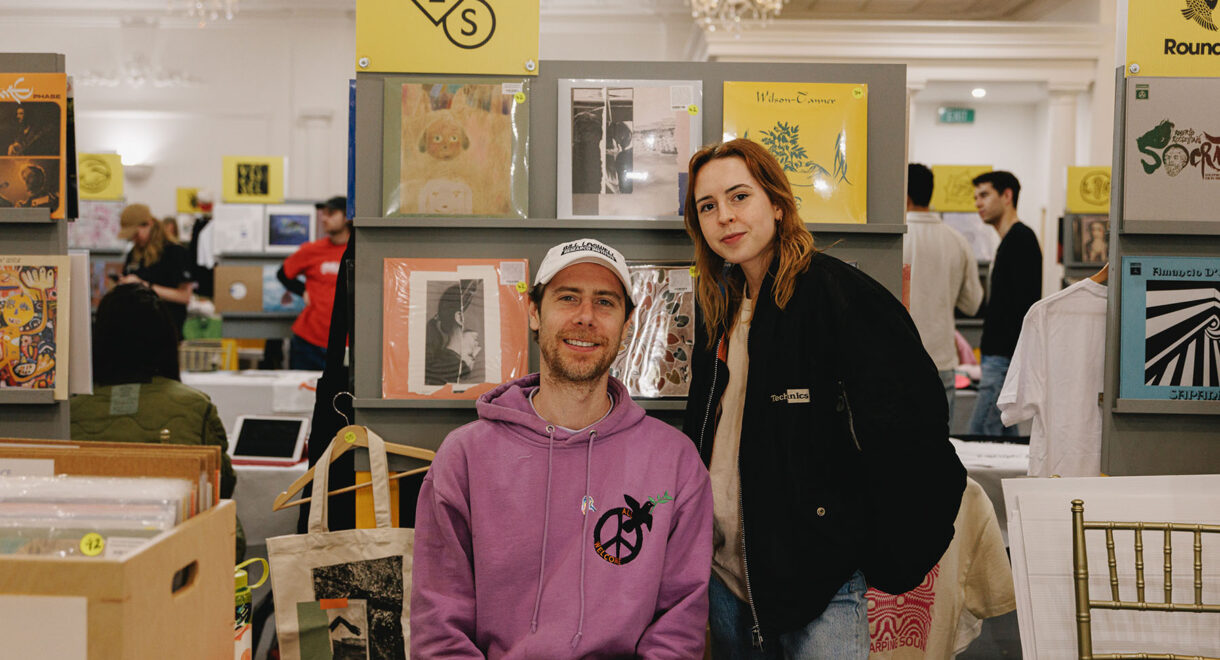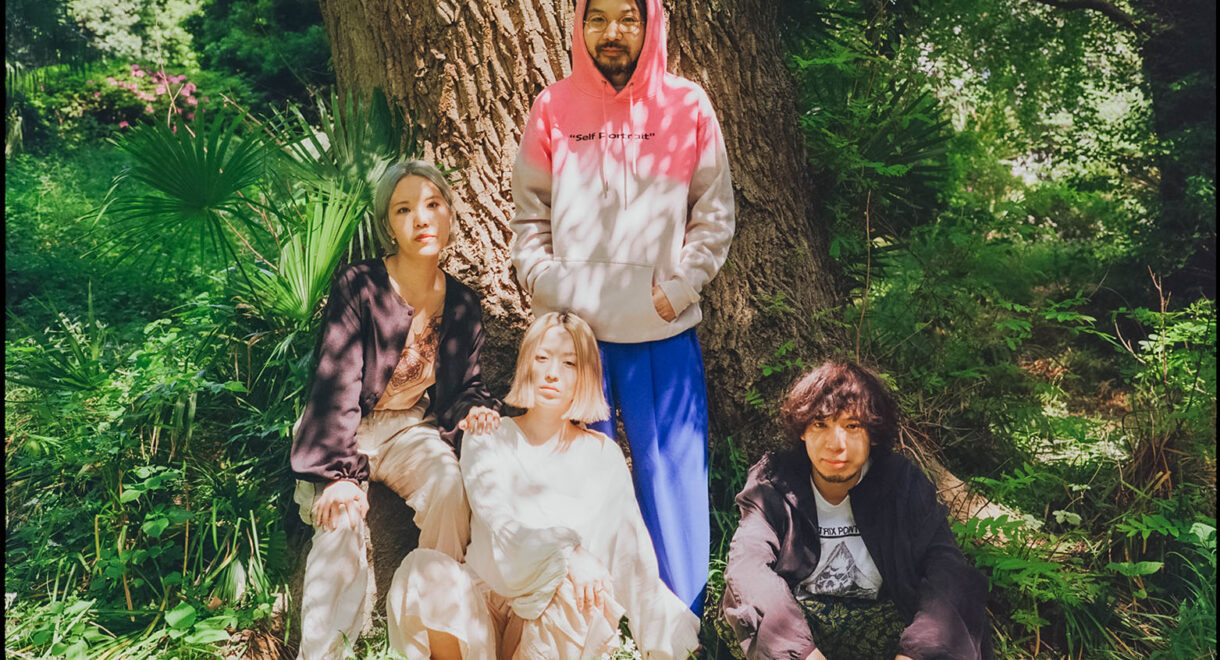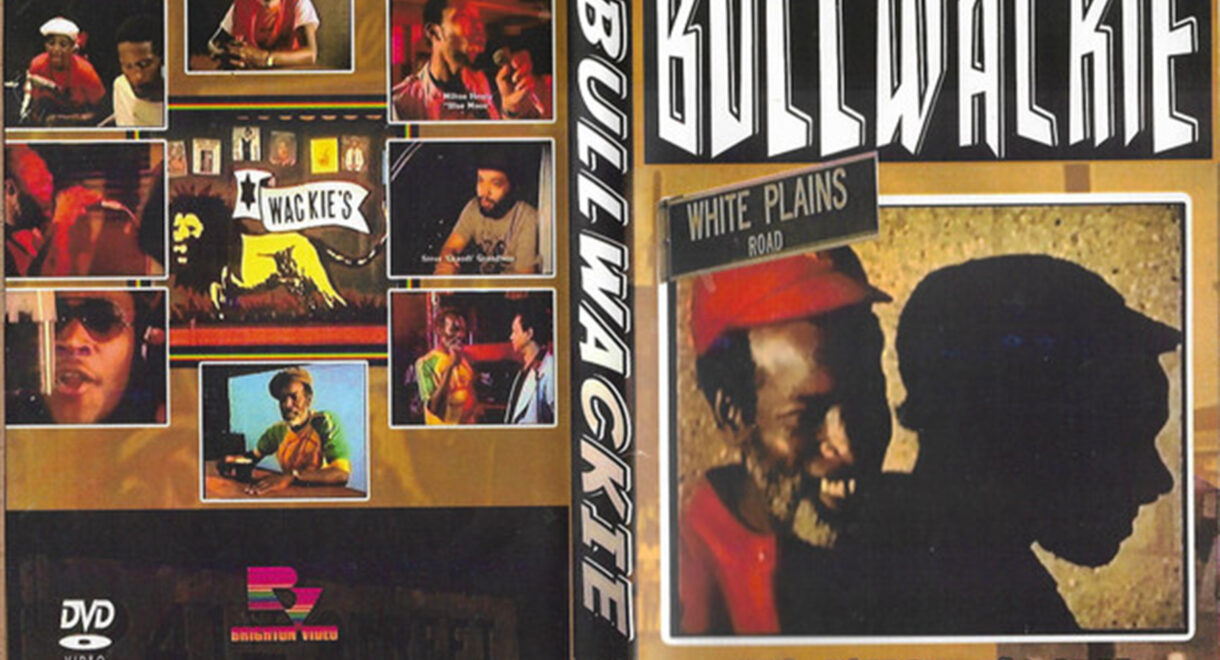The forecast is ominous: Sometime on Wednesday, the massive Hurricane Beryl, currently a category 4 storm, will likely hit Kingston, Jamaica with sustained winds of more than 145 […]
Sonia Pottinger aka Miss P: Jamaica’s First Female Record Producer

A deep dive into one of the unsung heroes of Jamaican popular music’s gestation, birth and adolescence.
In conversations around Jamaica’s greatest reggae producers, Lee “Scratch” Perry, Clement “Coxsone” Dodd, King Tubby, Bunny Lee, and Joe Gibbs, are often the names most spoken about. Hardly ever mentioned though is the “first lady of reggae,” Sonia Pottinger, who, against all odds, became a force within Jamaica’s male-dominated music industry and the country’s first female record producer, record shop and label owner. Today, we shine a light on the incredible story and music of Sonia Pottinger, who was known as “Miss P” to those she worked with.
In the early 1960’s, Sonia Pottinger got into the music business with her husband Lindon after operating several small businesses including a bicycle shop and a bakery. Together, they opened up Jamaica’s first black-owned recording studio, launched several labels including Gaydisc and SEP (Sonia’s initials), and also ran one of the first pressing plants in Jamaica. The couple split a few years later, but Pottinger was determined to continue in the music business on her own and quickly transformed a somewhat competent business into one that not only thrived, but innovated. In 1965, she opened her Tip Top Record Shop and, a year later, released her first single as a producer, “Every Night” by Joe White & Chuck.
“I enjoyed every moment I spent as a producer… I have some classics which will be my footprint on the sands of time. I might not have as many as the men, but I have my input there, and I’m very happy.”
SONIA POTTINGER
In the rocksteady era, Pottinger would emerge as a contemporary of Studio One’s Clement “Coxsone” Dodd and Trojan’s Arthur “Duke” Reid. With a keen business sense and artist’s touch in the studio, Pottinger produced countless hits with artists including The Conquerors, The Ethiopians, Delano Stewart, The Melodians, Ken Boothe, Alton Ellis and Toots & the Maytals, released on her own labels Gay Feet, Tip Top, Rainbow, and High Note Records. Some her greatest works were productions for female singers like Sonya Spence, Marcia Griffiths, Judy Mowatt (the latter two, with Rita Marley, became Bob Marley’s backup singers the I-Three). She also employed the legendary rocksteady band The Hippy Boys, whose lineup included the Barrett brothers, who would eventually become the rhythm section of The Upsetters under Lee “Scratch” Perry’s tutelage and later The Wailers with Bob Marley…
Crucially, in a cutthroat business where producers constantly undercut each other, paid artists one-off fees and no royalties, Pottinger operated her businesses with a woman’s touch (she would call it her “maternal instinct”) treating her artists with kindness and fairness. Her actions would cause a ripple effect in the industry and lead other producers to pay higher fees to musicians and artists. “She loved the music… loved it too much,” engineer Errol Brown said. “She knew what she wanted in the studio, and had a lot of respect for the musicians.”
Brent Dowe, lead singer of the Melodians, recalls, “We were at Duke Reid’s; we hear that another producer was paying bigger money. So we check it out, and it was Mrs. Pottinger … she say she do business with us … word spread that there is money down (t)here; and everybody started going down to Tip Top, leaving Coxsone. Coxsone must have heard about that because he started to raise (increase) his money.”
In an article titled “Naturally: The Crucial Contributions of Sonia Pottinger,” Caribbean Quarterly’s Klive Walker writes that “The history tells us that Dodd and Reid were two of the best producers during Jamaican popular music’s gestation, birth and adolescence. If mentioned at all, Sonia Pottinger is treated as secondary to those primary producers. Very often, she is only discussed as a footnote to the stories of the pivotal recordings she produced for Marcia Griffiths, Judy Mowatt, Bob Andy, and harmony trio Culture. In an ironic way, the reggae history is just as guilty of marginalising reggae women as the reggae industry.”
Pottinger was also one of the early producers of dubs, cutting hundreds of versions across the releases on her various labels. In an interview for Island Records, she reflects on the creation of dub, “I think we set a precedent here in Jamaica because Jamaicans like a lot of rhythm. Our engineers explored the idea of the echo chamber and sounds like that. It came out of the dancehall sound systems. The musicians of those times used to get together and do something for the dancehall. Eventually, the producers followed suit and they would do it for the flipside of a record. If you did four tunes, you could have eight records, so to speak.”
Listen to a mix from NTS’s “In Focus” series dedicated to Sonia Pottinger:





